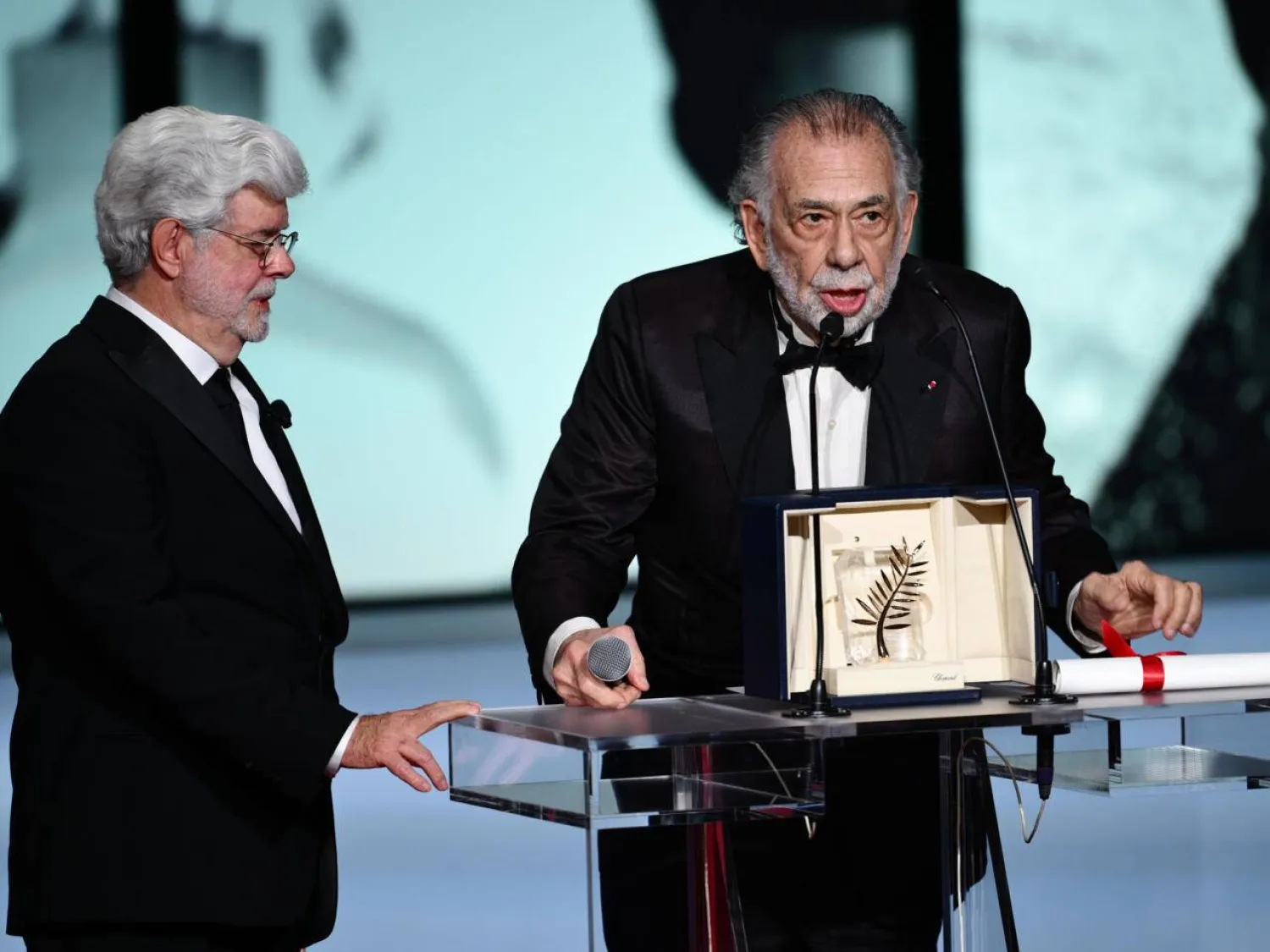A trailer promoting Francis Ford Coppola's new film "Megalopolis" has been withdrawn after it was found to have incorporated fake movie reviews, reportedly generated by artificial intelligence.
Coppola's wildly ambitious, decades-in-the-making movie, which hits theaters next month and stars Adam Driver, has starkly divided critics, said AFP.
A trailer released this week drew parallels to earlier works by the revered Hollywood director that also initially left some professional reviewers cold before going on to become classics -- suggesting "Megalopolis" can do the same.
"True genius is often misunderstood," a voiceover began, before quotes from famous critics calling "The Godfather" a "sloppily self-indulgent movie" and "Apocalypse Now" a "spectacular failure" were presented on the screen.
The problem? None of those quotes were real.
Instead, the trailer appears to have used AI-generated imitations of the type of withering put-downs associated with renowned reviewers such as Pauline Kael.
In at least one case, a criticism appears to have been lifted from a review of an entirely different film
The trailer was quickly recalled, with Hollywood studio Lionsgate offering "our sincere apologies to the critics involved and to Francis Ford Coppola" for an "inexcusable error in our vetting process."
"We screwed up. We are sorry," said a statement.
Lionsgate has since parted company with the marketing consultant behind the trailer, trade outlet Variety said Friday. Meanwhile Deadline reported that the quotes were generated by AI.
The furor comes at a time when Hollywood is roiled by the encroaching impact of AI. Fears the technology could replace entertainment industry jobs -- from actors to writers -- were central to last summer's devastating strikes.
The trailer episode is just the latest controversy to hit "Megalopolis," an already hugely divisive epic.
Legendary director Coppola has said he spent $120 million of his own money to make the film, selling a stake in his California vineyard.
But its much-hyped world premiere at the Cannes Film Festival left the industry confounded.
Critics' responses ranged from "a true modern masterwork" to a "catastrophe."
Driver stars as a seemingly magical architect whose efforts to rebuild a decaying city into a futuristic utopia are thwarted by its resentful mayor (Giancarlo Esposito).
The movie also stars Aubrey Plaza, Shia LaBeouf and Dustin Hoffman.
It receives its North American premiere at the Toronto film festival next month, before being released in US theaters on September 27.
The controversy has provoked theories among some Hollywood observers that the entire unseemly debacle could have been staged to provoke headlines.
Lionsgate did not respond to an AFP request for comment.
But a source familiar with the marketing plan told AFP the studio did not deliberately fabricate the quotes, and removed the trailer as soon as it became aware of the situation.









